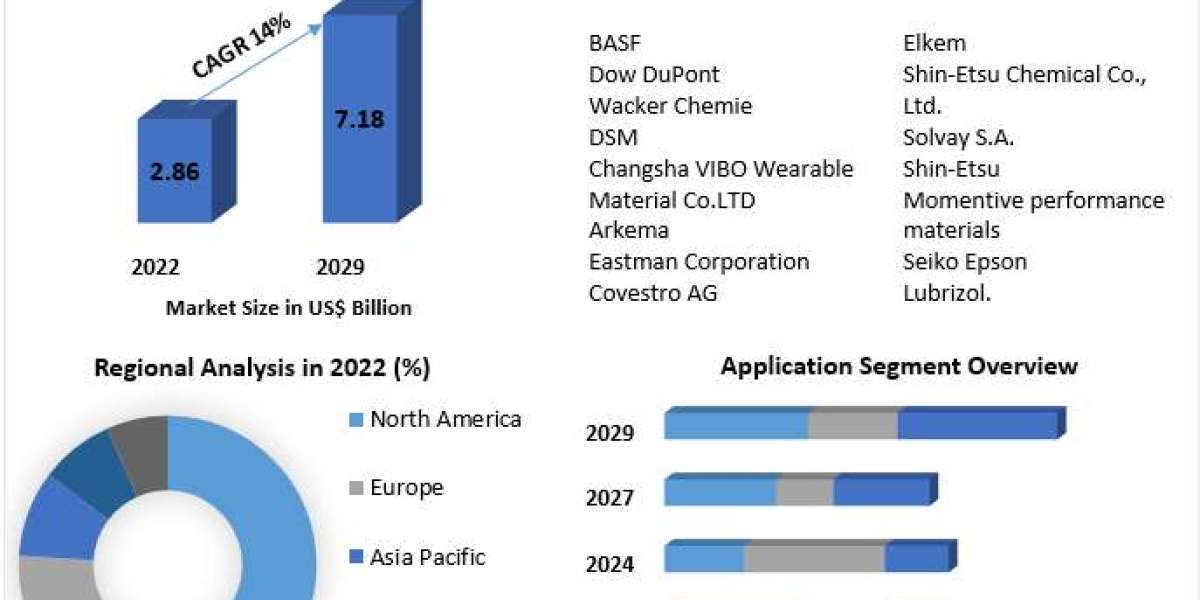Originally Published on: SpendEdge |Top Reasons Why Companies Need Supplier Quality Management | SpendEdge
Introduction: In the realm of business, the ultimate goal is to provide effective solutions to address customer needs. Central to this endeavor is supplier quality, which gauges a supplier’s capacity to deliver products that align with customer expectations. When company solutions fall short of meeting these expectations, they fail to address the underlying issues.
Effective supplier quality management (SQM) processes play a pivotal role in ensuring continual value addition to customers and surpassing their expectations. SQM serves as a cornerstone for businesses aiming to streamline supply chain inefficiencies and minimize gray work.
Assessing supplier performance necessitates ongoing evaluation of product quality, cost-effectiveness, compliance, among other factors. To execute this effectively, businesses require robust systems in place. In this article, we delve into the advantages of SQM and provide insights into developing supplier management processes that streamline operations, cut costs, and alleviate operational challenges.
What is supplier management? Supplier management is the systematic approach of overseeing relationships with suppliers to ensure they meet an organization’s needs and standards. It involves activities such as supplier evaluation, performance monitoring, negotiation, and collaboration to maintain a reliable and efficient supply chain. Effective supplier management helps optimize costs, quality, and overall supply chain performance. In today’s complex and fast-paced business environment, establishing a robust supplier quality management system is not only desirable but critical for sustaining compliance and achieving process excellence. Companies must cultivate cordial relationships with global suppliers and build a supplier quality management procedure with well-defined metrics around quality and compliance. However, firms are mostly dealing with increasing regulatory oversight, intense competition, and market fluctuations. Managing supplier quality, therefore, takes a secondary position among organizations. They find it time-consuming and complicated to analyze data, uncover supplier insights, and gain a clear understanding of supplier capabilities. This results in data inconsistencies and deterioration of supplier performances.
What is supplier quality management? Supplier quality refers to a supplier’s ability to deliver goods or services that meet consumer needs and satisfy specifications. Supplier Quality Management involves overseeing the quality of goods and services provided by suppliers to mitigate reputational harm and compliance violations. It addresses issues like nonconforming material and defects, ensuring alignment with specifications and consumer needs. Through a collaborative and proactive approach, organizations implement Supplier Quality Management solutions to streamline quality processes, conduct audits, and uphold quality standards. This fosters transparency and efficiency in business processes, aligning goals with cost efficiency. By engaging qualified suppliers and addressing underlying problems like deviations and change requests, organizations ensure compliance, meet consumer expectations, and maintain contractor certifications.
The Supplier Quality Management System Supplier management involves a multi-step process requiring collaboration, communication, and software tools to ensure efficacy. While we provide a foundational framework, it’s adaptable to suit your company’s unique workflows. The process unfolds in five key steps.
- Approval: Establish criteria for supplier approval, varying based on potential risk. Develop a master list detailing approval steps and roles/responsibilities, along with a checklist assessing vendor safety and quality systems.
- Audits: Regular assessments to maintain supplier quality control. Larger companies may conduct second-party audits internally, while smaller ones typically opt for third-party audits, avoiding potential conflicts of interest. Utilizing supplier management software facilitates remote audits, document sharing, and electronic sign-offs for all business sizes.
- Incoming Inspections: Raw materials and products are assessed for compliance.
- Ongoing Communication: Vital for maintaining positive supplier relationships.
- Handling Non-conformance and CAPAs: Address deviations from quality standards and implement corrective actions to prevent recurrences. Effective implementation of this multi-step process ensures consistent supplier quality management.
Why Supplier Quality Management Is Important for Businesses
- Minimizes Risks: Extended supply chains, outsourcing, and globalization pose significant risk.
- Improves Contract Management and Supplier Relationships: Companies must reduce costs, streamline contract management, protect brand reputation, and achieve long-term profitability.
- Enhances Procurement Decisions: Most procurement decisions are under immense pressure to find, qualify, monitor, and manage suppliers while lowering the costs of doing so.
- Meets Compliance Requirements: Businesses usually have to maintain compliance with country-specific regulations, industry standards, and regulations, and corporate policies and standards.
- Fosters Sustainable Performance: While most companies have strategies in place to manage health, safety, and behaviors within the organization, they fail to ensure the same with suppliers, contractors, and vendors.
Key Elements of Effective Supplier Management in Quality Management
- Supplier Evaluation: Thoroughly assess supplier capabilities.
- Supplier Selection: Carefully choose suppliers based on evaluation results and specific needs.
- Clear Contracts: Establish clear and comprehensive contracts outlining quality expectations.
- Performance Monitoring: Continuously monitor supplier performance.
- Continuous Improvement: Regularly engage in feedback and improvement discussions.
Supplier Intelligence solutions: SpendEdge
- Tailored Solutions: SpendEdge offers customized supplier intelligence solutions.
- Comprehensive Analysis: In-depth analysis of supplier performance, market trends, and industry dynamics.
- Strategic Insights: Gain valuable insights to optimize supplier selection, negotiation strategies, and procurement processes.
- Risk Mitigation: Identify and mitigate risks associated with suppliers, supply chains, and market fluctuations.
- Enhanced Efficiency: Improve operational efficiency and drive cost savings through informed decision-making and proactive supplier management strategies.
For more information #supplierqualitymanagement #suppliermanagement








